How to Have More Grandchildren
Get your grown children out of the house, then help them out! It's good for you, it's good for them, and it's good for easing or reversing the global population collapse.
NOTE: Daniel Hess’s work on the growing demographic implosion — and what to do about it — is excellent. Be sure to follow him on X. — RDM
by Daniel Hess with Paul Morland
March 22, 2025
When it comes to the effect of parents of grown children on fertility, there are two different factors at play. First, is independence. One of the worst possible factors for fertility is when adult children remain in the home of their parents. Across hundreds of surveys, the effect of grown children with their parents is overwhelmingly negative for fertility.
Second, most young families struggle immensely with affording a home and with childcare. Parents can support their children to buy a home, and they can support with childcare if they live nearby. But not in the same house!
For Fertility, Young People Must Leave the Nest
The Institute for Family Studies looked at how fertility is impacted by adult children living with their parents. The effect was overwhelmingly negative, across 271 national censuses gathered by IPUMS International and spanning 300 years and numerous countries on six continents. When an effect shows up so uniformly across so many data sets, it is almost certainly causal and the story here is clear. For young people to have a family, it is extremely important for them to live independently.
Relatedly, demographer Lyman Stone looked at a cohort in the United States born in 1979, examining the impact of each year of adulthood spent in different living arrangements. What did he find? For both men and women, each year of adulthood spent living with a parent was very negative for lifetime fertility. Men and women living with their parents are less likely to partner up, and ultimately much less likely to have children.
Adult Children Living at Home Hurts Fertility at the National Level
For Europe, it is readily apparent that adults living with their parents is a huge problem for fertility. In Spain, Italy and Poland, half of young people in the peak of their childbearing years are living at home. Unsurprisingly, fertility in these nations is low, and failure to launch is clearly a factor.
Grandparents Caring for Grandkids is Invaluable (But With Separate Residences)
All this is not to say young people should cut off from their parents. Rather, the ideal in terms of fertility seems to be when young people live separately from, but close by to, their parents. Lyman Stone looked at the childbearing plans of women in relation to distance from parents.
He found (as expected) that living with parents was negative, but also, living far away was negative too. The optimum? Living separately but close enough to get that sweet childcare help!
If we accept that there is no going back to a world in which most women stay at home full time and look after their children throughout their childhoods, then there must be other ways to ensure that the newborns and young children are cared for. There is clearly a special role to be played by grandparents.
Active grandparenting is of course not always possible. Sometimes grandparents of young children are no longer alive – although this would be less and less likely given lengthening life expectancy if each generation had their children relatively young. Indeed, the lengthening of the gap between generations is a problem here.
Another problem is the fact that grandparents are not always around. In some countries and economies (such as the United States), moving long distances away from the area in which one has grown up and in which one’s parents still live is quite common. Society and economies cannot be reordered from the top down in this respect, but if people make it a priority, it is not impossible for grandparents and children to live close together. That need not mean the children staying where they grew up but might mean the grandparents moving to be close to their offspring who are working fulltime and have offspring of their own.
Grandparents as a Reason for High Israeli Fertility?
One Israeli academic discussing the country’s high fertility rate suggested that ‘this country runs on grandparents. The whole thing would be impossible without them.’ Indeed some 71% of young Israeli mothers receive regular help from grandparents, rising to 82% of those who are native-born.
Some grandparents are reluctant to prioritize helping with the grandchildren and there is not much that government or law can do about this. But social norms which emphasize fertility and give status to the role of active grandparenting would change this.
Helping Grown Children Become Homeowners
In the United States and many other countries, the lack of affordable housing is a big barrier to fertility. In fact, if you look at housing affordability and the fertility rate in the US, the two maps look nearly identical.
The antidote? If parents can help their grown children to get a house sooner, they are likely to be rewarded with grandchildren!
— This essay originally appeared on X. Be sure to follow him there as well as on Substack at More Births.




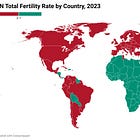
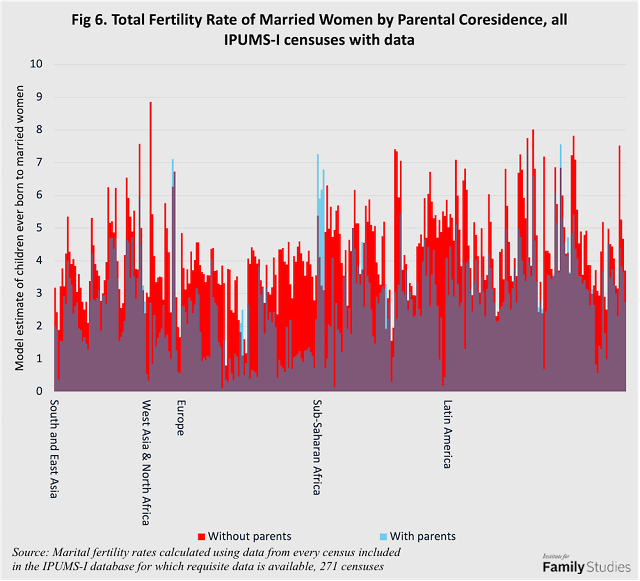
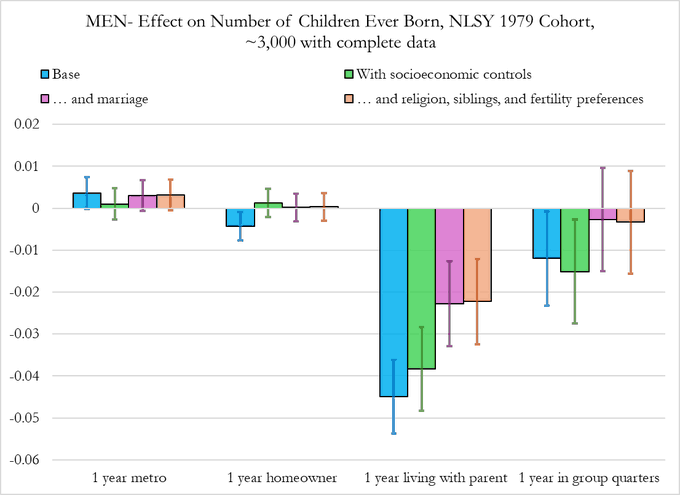
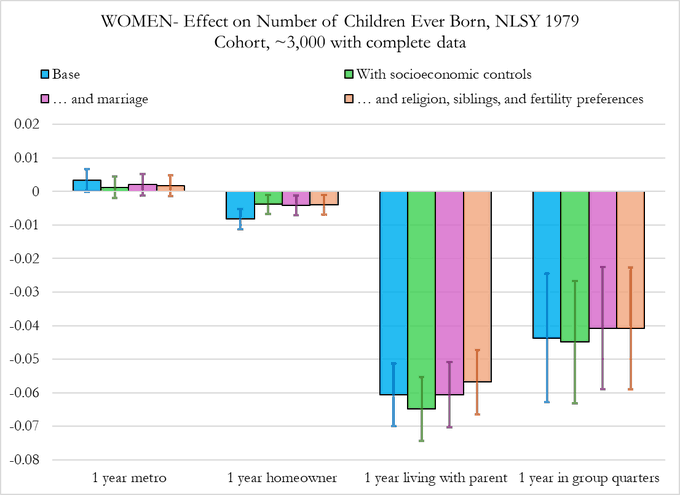
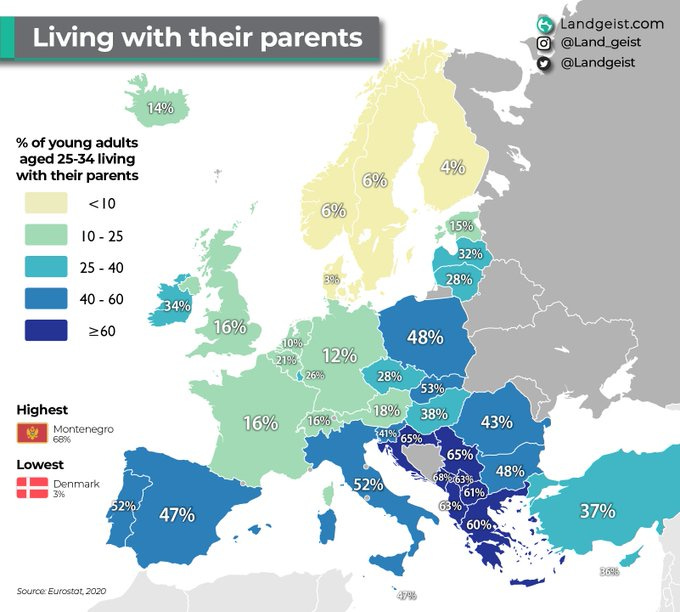
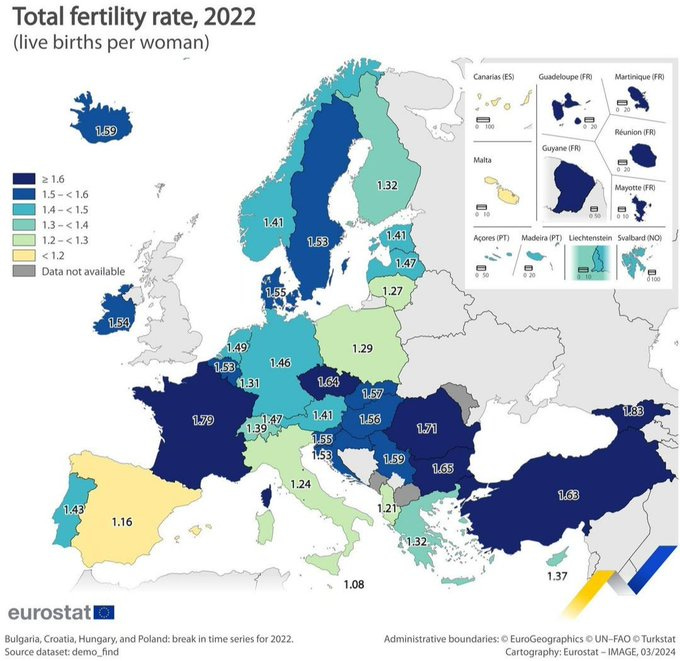
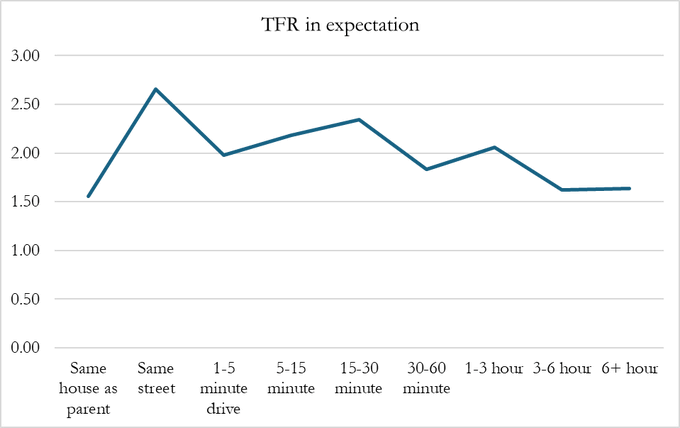

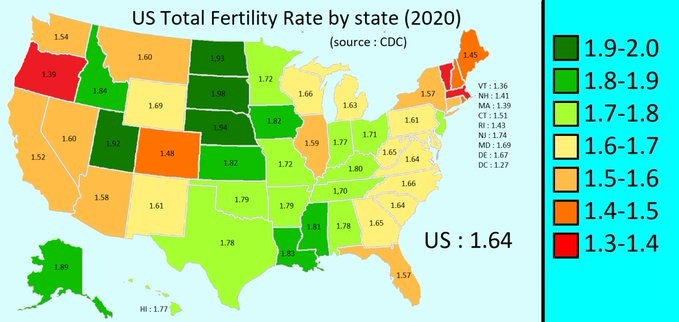


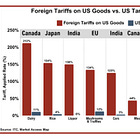

If home ownership for newlyweds would result in more grandchildren, then rather than spending outrageous sums of money on “Princess” weddings, maybe their parents should invest the money to help the newlyweds buy a house!
Interesting that Idaho and Utah are such big exceptions regarding the relationship between housing prices and fertility. It could make sense that the large LDS population provides more family support.